How Video Games Improve Cognitive Development

I still remember my 8th birthday and the special present I’ve got from my grandfather. My first computer. It was Commodore 64. And while I have little interest in learning Basic, I would spend an indefinite number of hours playing Impossible Mission with those special joysticks. But my parents thought that playing video games is a waste of time and that it could cause some sort of addiction. Sounds familiar?
Do you worry as a parent if too much video games and screen time might not be so good for the development of your child? I’m going to be totally honest with you. I might try to assure you that video games are good for your kids. And that you don’t have to feel guilty for letting your kids spend yet another hour on Minecraft, while you’re watching the last episode of your favorite TV show.
In fact, you’ll feel so relieved and convinced that you will need to put ‘gaming’ into your kid’s already too busy everyday schedule. And I am not only here to ease your consciousness, relax. I have scientific research to back me up. So how can video games help improve your child’s cognitive development? Or really debunking some myths surrounding video games, you ready?
About Cognitive development
Every book you read on children’s development refers to the importance of their growth in the first five years of their life. During this period children develop across the four main areas of development: motor (physical), language and communication, cognitive and social/emotional.
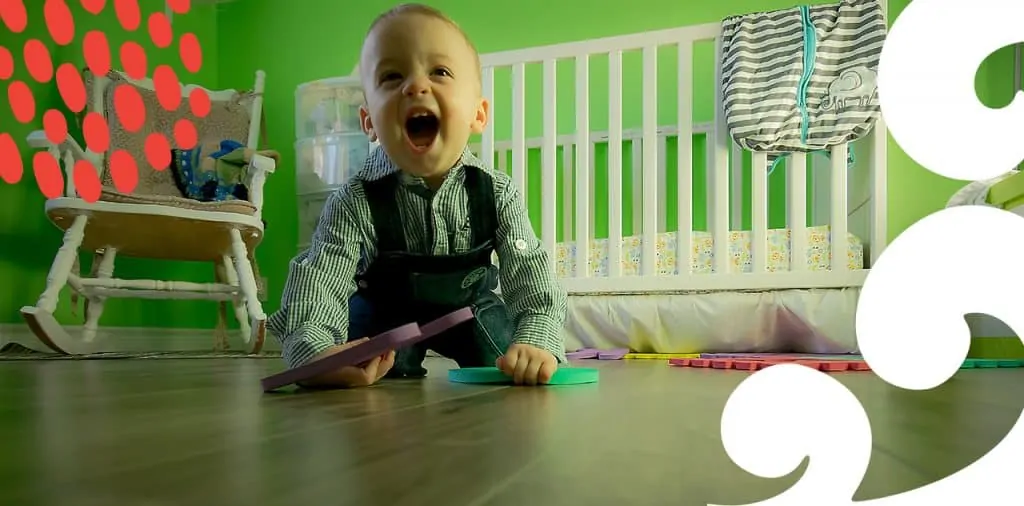
Cognitive development considers how children think, investigate and understand the world around them. Brain development is part of cognitive development. Therefore, it is very important to foster your child’s cognitive development since the first day of its birth. By doing so you are providing the foundation for your child’s success in school and later in life. To promote your child’s cognitive development, it is important that you actively engage in cognitively provocative interactions on a daily basis. Remember, as long as they remain within the young child’s capacities for interest and attention.
Some of the activities for a child’s brain development include playing counting games, naming parts of the body or commonly used objects, reading, singing, playing with the puzzles and, generally speaking, using every additional tool or help for engaging in a new experience for them.
Scientific proof that playing video games has a positive impact on cognitive development
In the past few decades, researchers tried to investigate the impact of video games on human brain development. An international team of psychologists has assembled data to quantify how action video games impact cognition. The research has resulted in two meta-analyses, which reveal a significant improvement in the cognitive abilities of gamers.
The first meta-analysis was done on 8,970 individuals between the ages of 6 and 40, including action gamers and non-gamers. They took a number of psychometric tests in studies conducted by laboratories across the world with the aim of evaluating their cognitive abilities such as spatial attention as well as assessing their skills at managing multiple tasks simultaneously and changing their plans according to predetermined rules. It was found that the cognition of gamers was better by one-half of a standard deviation compared to non-gamers.

The second meta-analysis tested the cognitive abilities of 2,883 people (men and women) who played for a maximum of one hour a week. In the second phase of this research, the participants have randomly divided into two groups: one played action games (war or shooter games), the other played control games (Puzzle and Tetris). Both groups played for at least 8 hours over a week and up to 50 hours over 12 weeks. At the end of the training, participants underwent cognitive testing to measure any changes in their cognitive abilities.
According to the results, individuals playing action videos increased their cognition more than those playing the control games. The difference in cognitive abilities between these two training groups being one-third of a standard deviation.
Video games have evolved into sophisticated experiences
My almost 5-year-old son grabbed my phone to play Baby Bus, one of his favorite games. Firsly, he helped little pandas Kiki and Miu Miu, who were taking roles of firefighters, to finish different tasks. He learned how to find and activate the game on my phone. He already knew how to use different options in the games so he could successfully finish the task.
While I watched him play yet another round of this game I was convinced that this cannot be counted as passive screen time. And here’s what’s good about playing video games in such an early stage of childhood.
Improving multitasking ability
While playing his Baby Bus game, my son was tapping the left side of my phone screen and at the same time looking at the obstacles that come next at the right side of the phone. He was simultaneously juggling with different tasks successfully.
The gamers can switch from task to task much faster than non-gamers, making them better multitaskers. And I also have scientific proof of that.
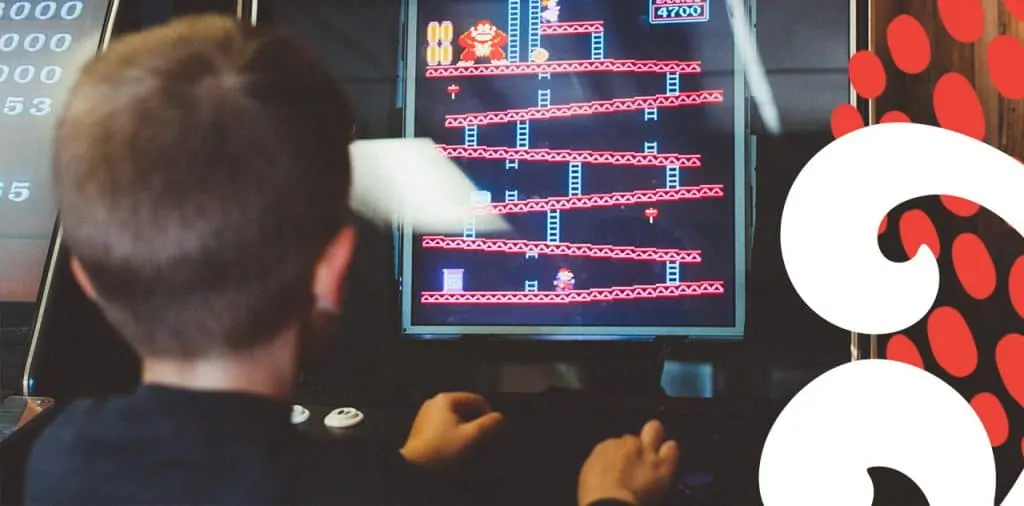
In a study published in magazine Nature, neuroscientist Adam Gazzaley from the University of California, San Francisco, and his colleagues demonstrated that a handful of training sessions behind the wheel in a 3-D racing game could improve multitasking performance and that such improvements lasted up to six months.
Another study led by Daphne Bavelier, brain and cognitive sciences professor at the University of Rochester, and Shawn Green, assistant professor at the University of Wisconsin-Madison, explains that typically in people that don’t play action games, their reaction time on tests of multitasking lengthened by 200 milliseconds, or 30 percent. Gamers score on this same test lengthened only by 10 percent.
Joysticks are new carrot sticks
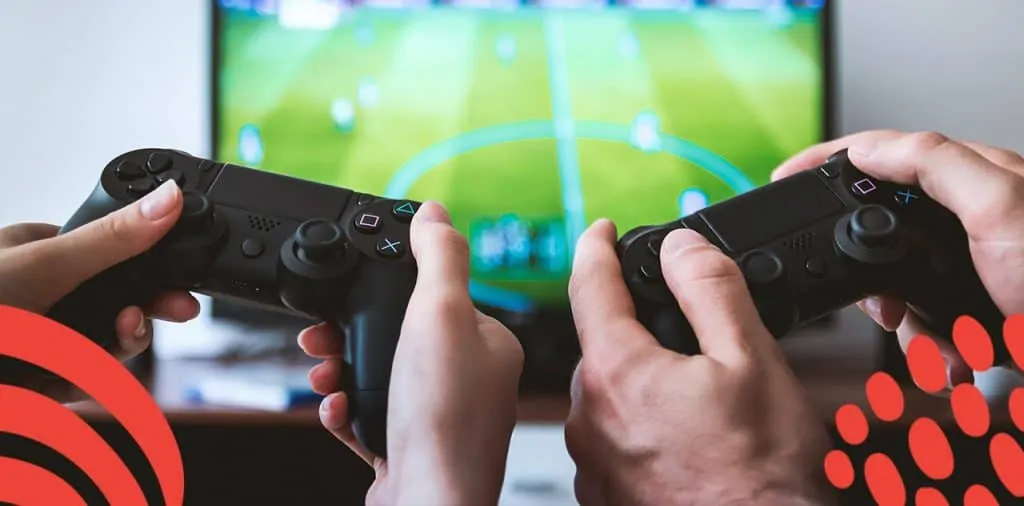
When we are visiting my parents, chances the kids will be lectured on how keeping their faces glued to the screen of their tablets or my phone while playing video games, has the bad impact on their eyesight. So I did some research to see if there is a correlation between playing video games and visual quality.
Professor Daphne Bavelier led another study to prove that playing video games improves the gamer’s vision. The conclusion of this research was that video games that involve high levels of action, increase a player’s real-world vision. Action video games train the brain to process the existing visual information more efficiently, and the improvements last for months after game play stopped. The finding builds on Bavelier’s past work that has shown that action video games decrease visual crowding and increase visual attention.
Video Games Teach Problem-Solving Skills
Playing video games always involves planning and problem-solving. In many cases, there is a time pressure that develops your speed and decision-making skills. Even before you start to play, you will have to make some important decisions.
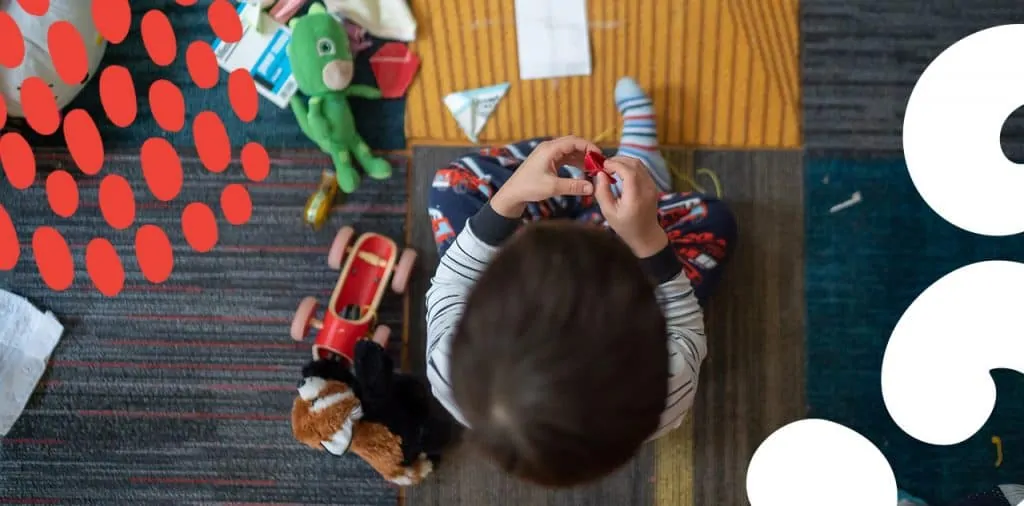
If you are about to start to play WoW, the hardest decisions are truly the first ones you’ll have to make. You’ll need to choose a server, character race, and class to play. When you start to play, you’ll have to make plans and your game strategy. Whether we are aware of it or not, video games do help players learn how to make decisions, use strategies, anticipate consequences and express their personalities.
According to a long-term study led by Isabela Granic, professor and chair of the Developmental Psychopathology department at Radboud University in the Netherlands, playing video games can help children develop problem-solving skills. The more adolescents reported playing strategic video games, such as role-playing games, the more they improved in problem-solving and school grades the following year.
Problem-solving is one of the crucial elements of the success of video games. In the puzzle-game range in complexity from finding the quickest route from A to B, to discovering complex action sequences based on memorization and analytical skills.

Game designers often provide very little instruction on how to solve in-game problems. This leaves players with a nearly blank palette from which to explore a range of possible solutions, based on their experience and intuition. Instead of learning through explicit linear instruction, many children and youth problem-solve through trial and error. They do so by recursively collecting evidence which they test through experimentation.
The digital natives learning method
Generation Alpha is raised with visual stimulation from the touchscreens, which are their first and favorite toy. Holding and reading a real, paper book no longer feels natural. After all, aren’t we all reading from Kindle and our phones?). They have learned the first song, letter, number by watching some video content from the children’s YouTube channel. And they will need a new approach to acquiring new knowledge. They need a new, digital and visually rich educational system.
This generation is learning by doing. But when kids cannot surpass a task, video games can make a simulation with the real experience feeling.

Creators of some of the most popular video games were introducing special educational editions. The leader in this group is Minecraft which special edition is available for classrooms that use the Minecraft world. While coding and design are clear learning outcomes from playing Minecraft, this game is useful for learning science, maths and humanities.
As a parent, you’ve probably heard of Khan Academy. This free application includes books, songs, and games for toddlers, preschoolers, kindergarteners, and first graders. It has five characters who encourage children to think and learn and also make a personalized learning experience. They are learning while playing interactive educational games. Children can collect fun bugs, hats, and toys as they learn, which is very important for their sense of competition and accomplishment.
Are video games bad for their social skills?
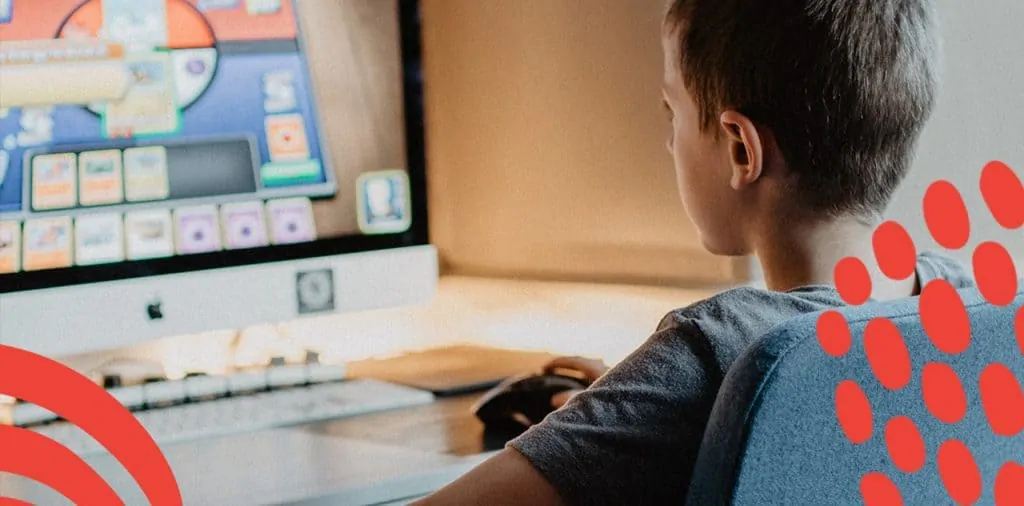
Playing Minecraft while sitting in front of their computer doesn’t mean that they are alone. In fact, they are making a lot of friends while playing. New games make the most of the tasks very hard to complete by individual players. That means that your kids are compelled to work on their social skills so they can gather a group of good players in order to complete a quest.
Video games allow people to communicate when they want to and there is no pressure to respond immediately. With the daily online communication, kids are building the skills and confidence necessary to try it in-person. And knowing how to communicate in the digital world is as important nowadays as knowing how to do so in the real world.
And something before you remind your child that it is a ‘video game time’
If I managed to reassure you that playing video games is beneficial for your kids, there are still some rules that have to be followed.
While playing video games, your kids can lose track of time. It is important to control how long they will live their gamer’s life because it could easily lead to some sort of game addiction. This is especially important for the parents of young children. Young kids’ brains develop more when they are jumping, running or have any other physical activities.
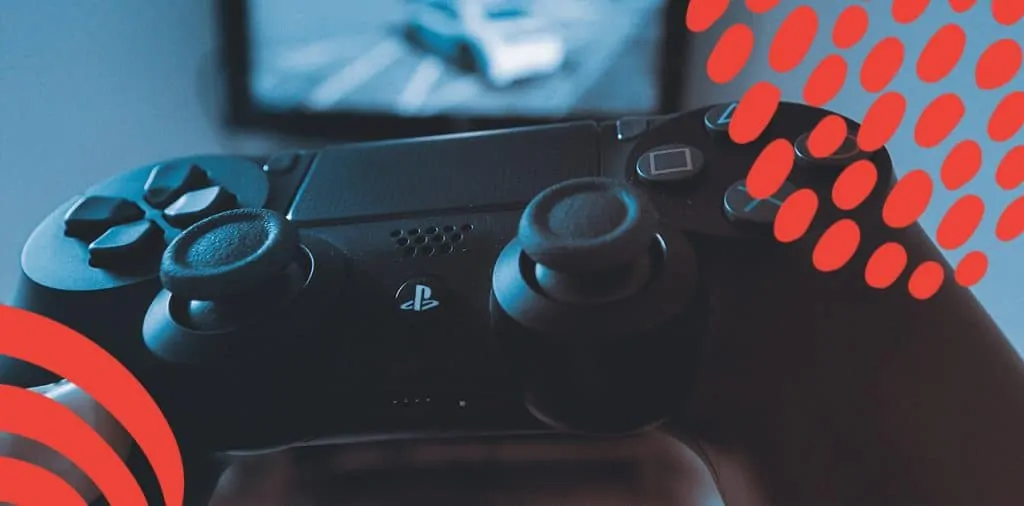
Beware that kids are communicating with the other players online. This does have the potential to become dangerous for young people, as there are reports of cyberbullying and adult predators using games as a way to meet children. These incidents have greatly decreased in recent years, but it is still a good idea for parents to keep an eye on whom their children are talking to.
It is very important to check the Electronic Software Ratings Board rating to select appropriate games for your child. The video game should be age-appropriate. This is especially important for the parents of young children. You should avoid video games which promote the killing of people or animals, criminal behaviour or foul language.
If you put all these concerns on the side, the last advice will be to play video games with your kids. It is a cool way to have fun and spend quality time with your little ones. Go for a great “bonding” opportunity, catch some bad guys, fight with each other’s characters, laugh, cry. Because this is certainly something that they will remember! Video games are awesome!